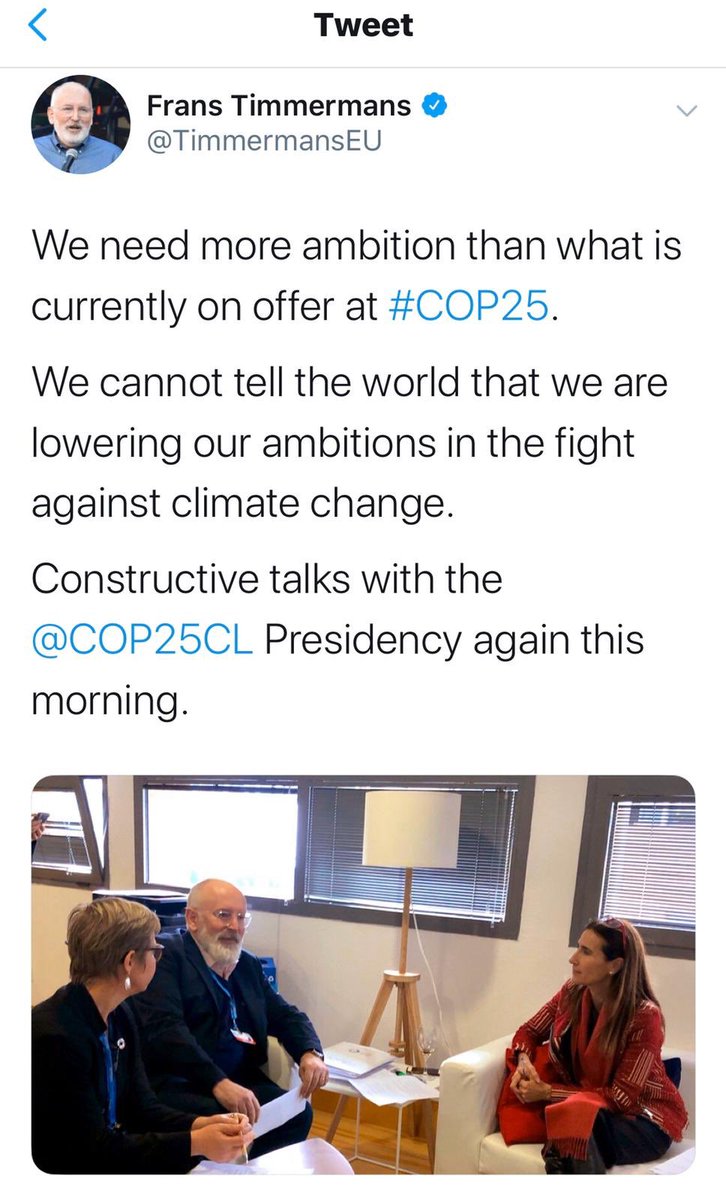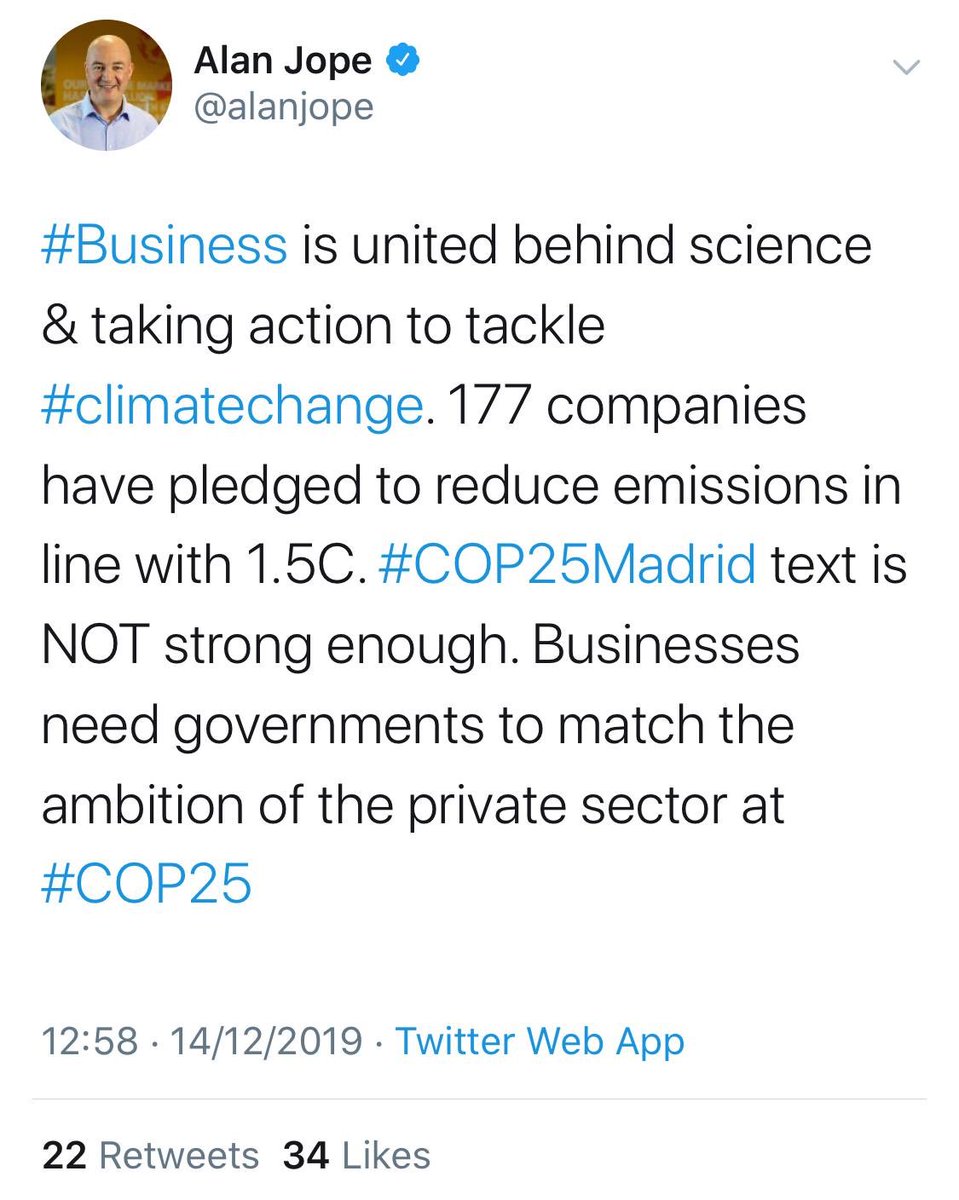
The Kunming-Montreal #GlobalBiodiversityFramework (GBF) contains some strong elements, but without adequate financial resources it will stay on paper. As is the case for climate finance, we need to reform Bretton Woods to unlock financial flows. #COP15 (long thread, as usual!😉)
We analyzed the GBF package and asked ourselves: how will it be delivered and implemented? The challenges to get funding will be massive. Here we suggest a three-step approach, from now until the #COP16 to build trust and political will at @UNBiodiversity Convention and beyond: 

To recap: there is a funding need of between US$ 700 to nearly 1 trillion/year to implement the GBF. The final text used a smaller number, but still estimated the funding gap to fill at US$ 700 billion per year by 2030.The GBF package contains four points on finance:
1.- Target 18: countries will have to identify by 2025 their harmful incentives and subsidies and eliminate, phase out, or reform them, so that we see a global reduction of US$ 500 billion/year by 2030.
2.- Target 19: mobilizing at least US$ 200 billion/year of financial flow for biodiversity by 2030, including at least US$ 20 billion per year must be channeled to developing countries from developed countries by 2025, and US$ 30 billion per year by 2030.
3.- Resource mobilization: a Global Biodiversity Framework Fund will be created in 2023 under @theGEF, with its own governing body to support the implementation of the GBF - countries will explore more options, including the possibility of a stand alone fund, in the coming years.
And 4.- Digital Sequence Information (DSI): additional multilateral mechanisms for benefit-sharing linked to DSI will be developed.
These are important decisions, a key aspect of the deal. But as for climate, it is likely that we will never manage to mobilize the necessary resources without broader reform of international financial architecture. 

And this was recognized too in the COP15 decisions, with relatively strong language. In the decision on resource mobilization the COP calls “for fundamental transformation of the global financial architecture” (paragraph 16)...
... invites multilateral development banks and international financial institutions to align their activities with the GBF and increase biodiversity funding (paragraph 17)...
... and invites them, including the IMF and World Bank Group, to immediately step in and support the implementation of the GBF (paragraph 18).
With the momentum of the Bridgetown Agenda, the call from UNFCCC COP27 to reform international finance, and now these elements in COP15 decisions, the political signal is clear that it is there that we need to focus if we want to unlock finance for implementation.
Some believe that philanthropies or private finance could be the solutions, but private money will never be enough, and will never really go towards biodiversity if public financial flows are not reformed first.
So we need to take it further now and address the systemic issues that suffocate action for biodiversity: asymmetric trade, unsustainable debt, insufficient fiscal space for domestic public investment in the environment...
And we also need to push for a recognition of the complex way that ecosystems in the Global South provide unremunerated services that contribute to global macroeconomic and financial stability.
As we proposed during COP15, all the progress made on resource mobilization in Montreal must be seen as part of a sequence that takes us to Washington: we must reform Bretton Woods institutions, so that they can finally lead the way in addressing the challenges of this century.
Now that the GBF has been adopted, as suggested in our documents prepared for the IMF and World Bank Group 2022 Annual Meetings, it is time for governments to focus on broader financial reforms and call for comprehensive debt restructuring
Such debt restructuring should include a new round of debt-for-nature swaps at scale to increase domestic resources for developing countries.
During 2023, these milestones will be critical to start the process towards a reform of the international financial system. There are four dates we should watch closely:
1. April Spring meeting of the IMF and World Bank: Take action on COP27 and COP15 inputs for reform of the international financial system. Call for a joint, extraordinary Statistical Forum on biodiversity and macroeconomic stability and financial growth.
2. June GEF 64 GEF Council Meeting: Council decision on the incorporation of the Global Biodiversity Framework Trust Fund.
3. August GEF 7th Assembly: Adopt the Global Biodiversity Framework Trust Fund and begin capitalization.
4. October IMF and World Bank Annual meeting: Adoption of reform agenda and calendar.
But we need to look beyond 2023 and by 2024 we need to do the following:
1. SBI-04: Review of the Strategy for Resource Mobilization, and
2. COP-16: Adopt the Global Biodiversity Framework Trust Fund.
1. SBI-04: Review of the Strategy for Resource Mobilization, and
2. COP-16: Adopt the Global Biodiversity Framework Trust Fund.
The bigger story about the GBF has just began, keep an eye on this! @eroston @andrea_shalal @CatrinEinhorn @IssamAhmed @Legendreafp @daisydunnesci @aruna_sekhar @mcasey1 @Dino_Grandoni @pilitaclark @danichiaretti @acarolamaral @TaisGadeaLara @ferminkoop @greendig @estipozzo
• • •
Missing some Tweet in this thread? You can try to
force a refresh












